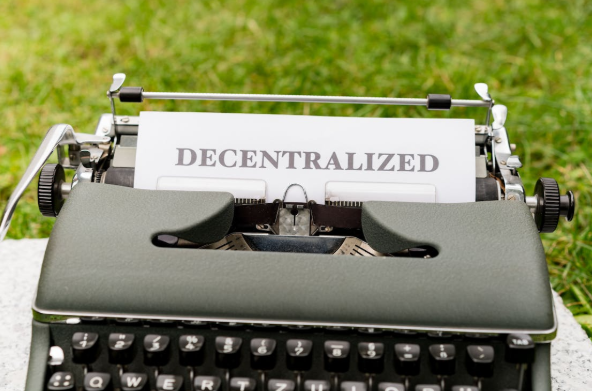The Importance of Reputation Management in Decentralized Networks
Decentralized networks flip the script on how trust works.
There's no bank manager to shake hands with, no corporate headquarters to visit if something goes wrong. Instead, your reputation becomes everything, it's what makes strangers willing to stake their ETH in your protocol or buy into your community's vision.

https://images.pexels.com/photos/18485511/pexels-photo-18485511.jpeg
Trust without Intermediaries Creates New Challenges
You lose the safety net that most people don't even realize exists when you remove the middleman. Banks vouch for transactions. Governments enforce contracts. Take those away, and suddenly you need something else to fill that gap. That's where reputation comes in, but it works differently than you might expect.
A smart contract might execute perfectly every time, but code alone doesn't inspire confidence. People need to know the developers won't pull the rug, that the community has staying power, that problems will get fixed rather than ignored. Technically brilliant projects have been known to crash and burn because they couldn't convince anyone to trust them beyond the GitHub repo.
Reputation Compounds Faster Than Interest
Sentiment shifts happen at breakneck speed in crypto markets. In 2024, a DeFi protocol lost 70% of its total value locked after mishandling a routine UI update announcement. The developers went quiet for 48 hours while fixing bugs, but the community read that silence as an exit scam in progress. Their eventual explanation came too late and the trust had already evaporated along with the liquidity.
The flip side? Projects that nail their communication often punch way above their weight. Consistent updates, honest post-mortems after incidents, actually listening to community feedback, these things create compound effects. Smart teams bring in a crypto PR agency early, not as damage control but as architects of their reputation infrastructure. They know that waiting until you need PR means you've already lost.
Community Governance Demands Radical Transparency
DAOs are where reputation management gets really interesting. Every vote, every proposal, every forum argument becomes part of your permanent record. There are DAO contributors who've built careers on their governance track records and others who can't get proposals passed because they burned bridges two years ago.
Bad governance decisions become impossible to hide when every action gets recorded on-chain. The most effective DAO participants recognize that crafting thoughtful proposals and forum posts matters as much as technical contributions. Each interaction shapes how token holders evaluate future initiatives. Reputation now lives across Discord conversations, governance forums, and immutable transaction histories, creating a comprehensive picture that follows contributors everywhere.
Building Anti-Fragile Reputation Systems
The projects that last don't try to manufacture perfect reputations, they build systems that get stronger through stress. They ship updates regularly, turning execution into reputation. They pay bug bounties promptly, converting potential disasters into trust-building moments. When hacks happen (and they do), they communicate within hours, not days.
Cross-chain reputation is coming whether we're ready or not. Your DeFi yield farming history on one chain will influence your borrowing rates on another. Communities will import your contribution scores from other DAOs. We're moving toward a world where reputation becomes portable, quantifiable, and incredibly valuable.

